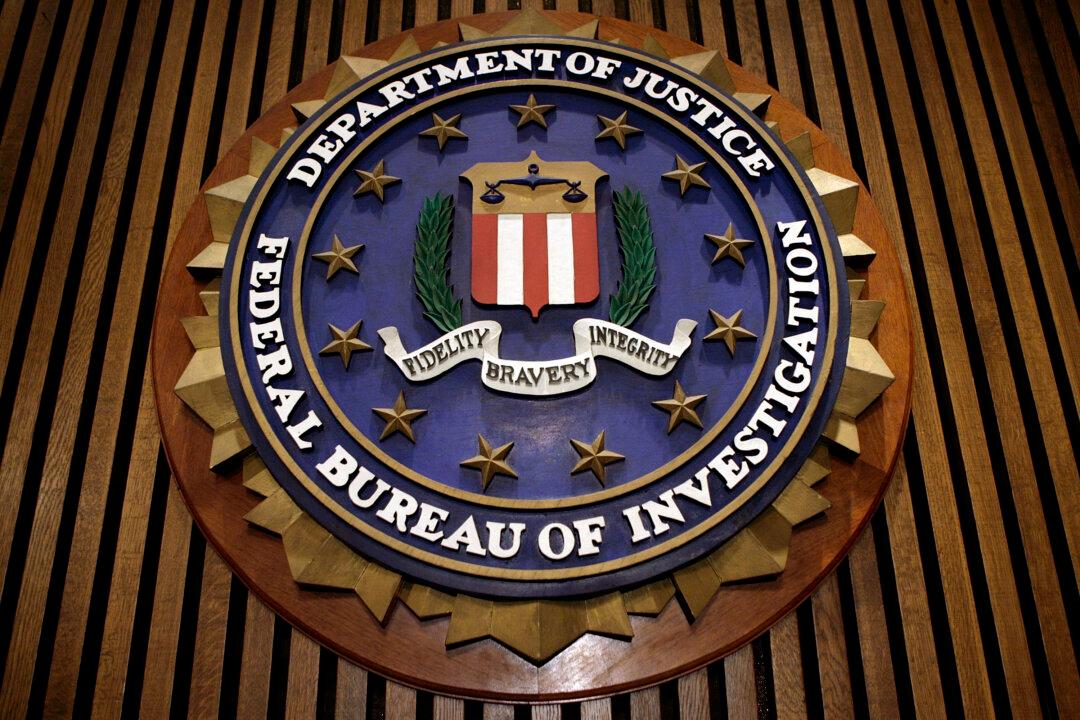The owner of a now-closed Arizona body donation center where FBI agents found buckets of body parts, has been ordered to pay $58 million to 10 people for mishandling the donated remains of their loved ones.
A Maricopa County Superior Court jury ruled Nov. 19 that Stephen Gore, owner of the Biological Resource Center (BRC), must pay the sum to 10 of the 21 plaintiffs for dismembering body parts and selling them for profit—$50 million in punitive damages and $8 million in compensatory damages.





